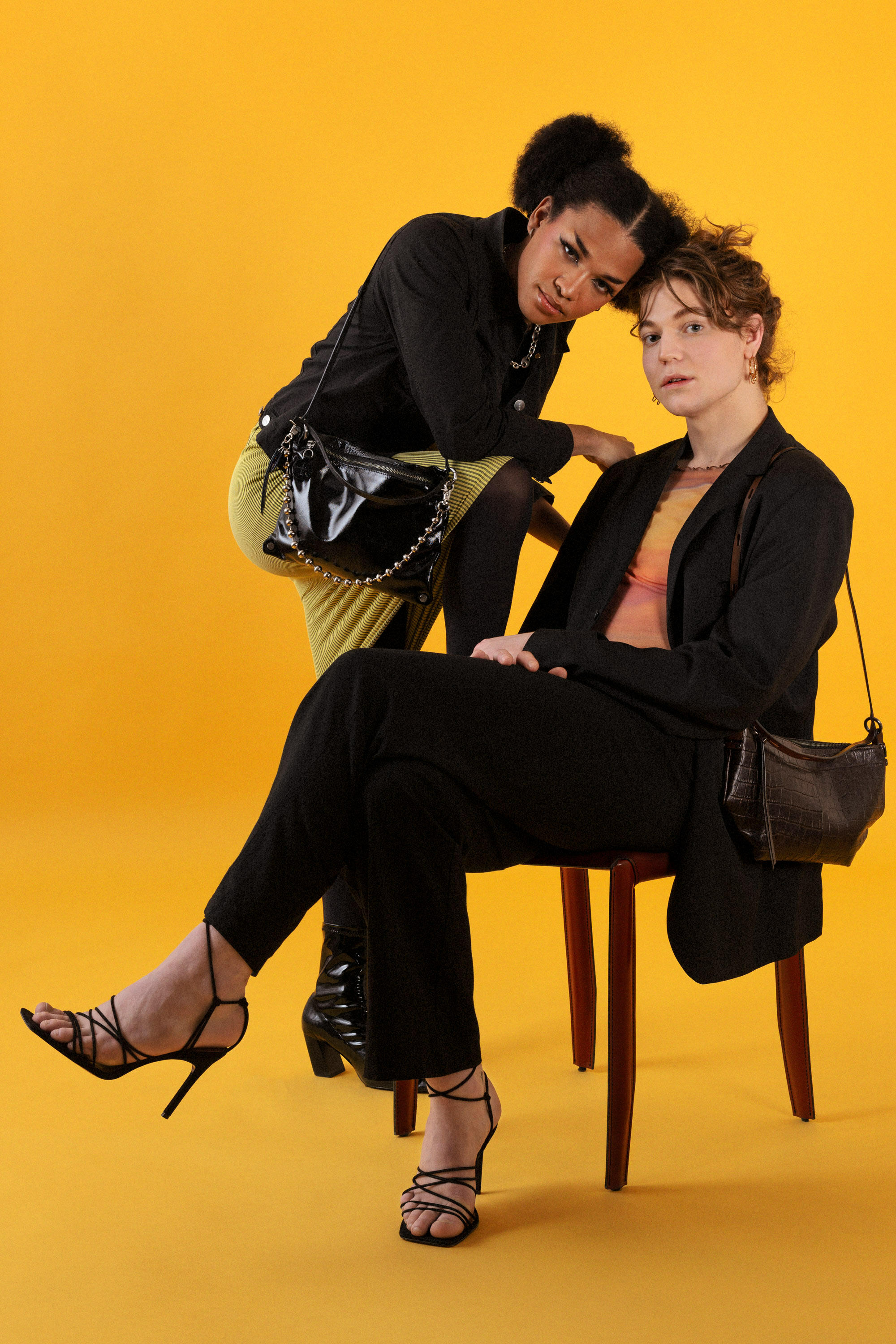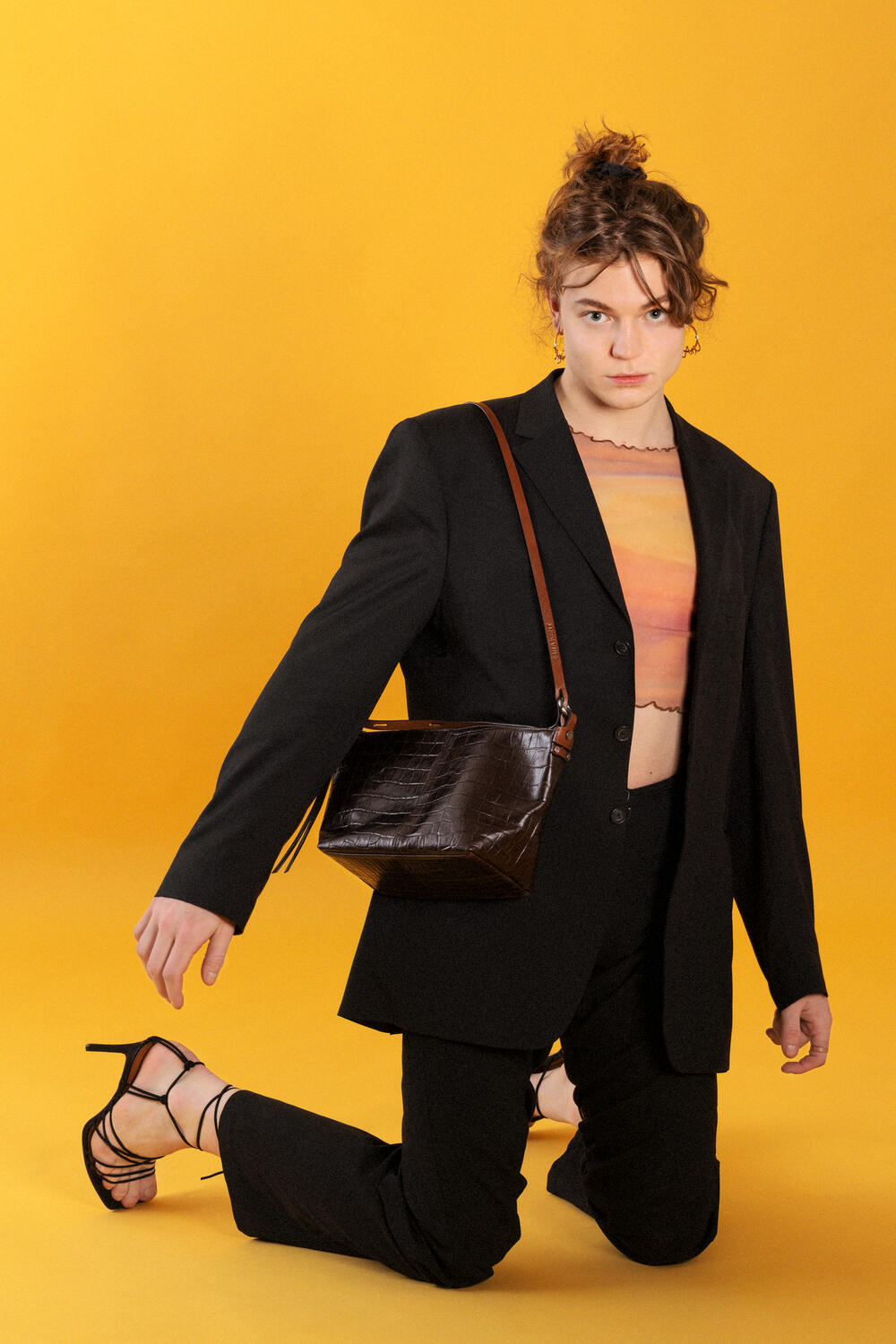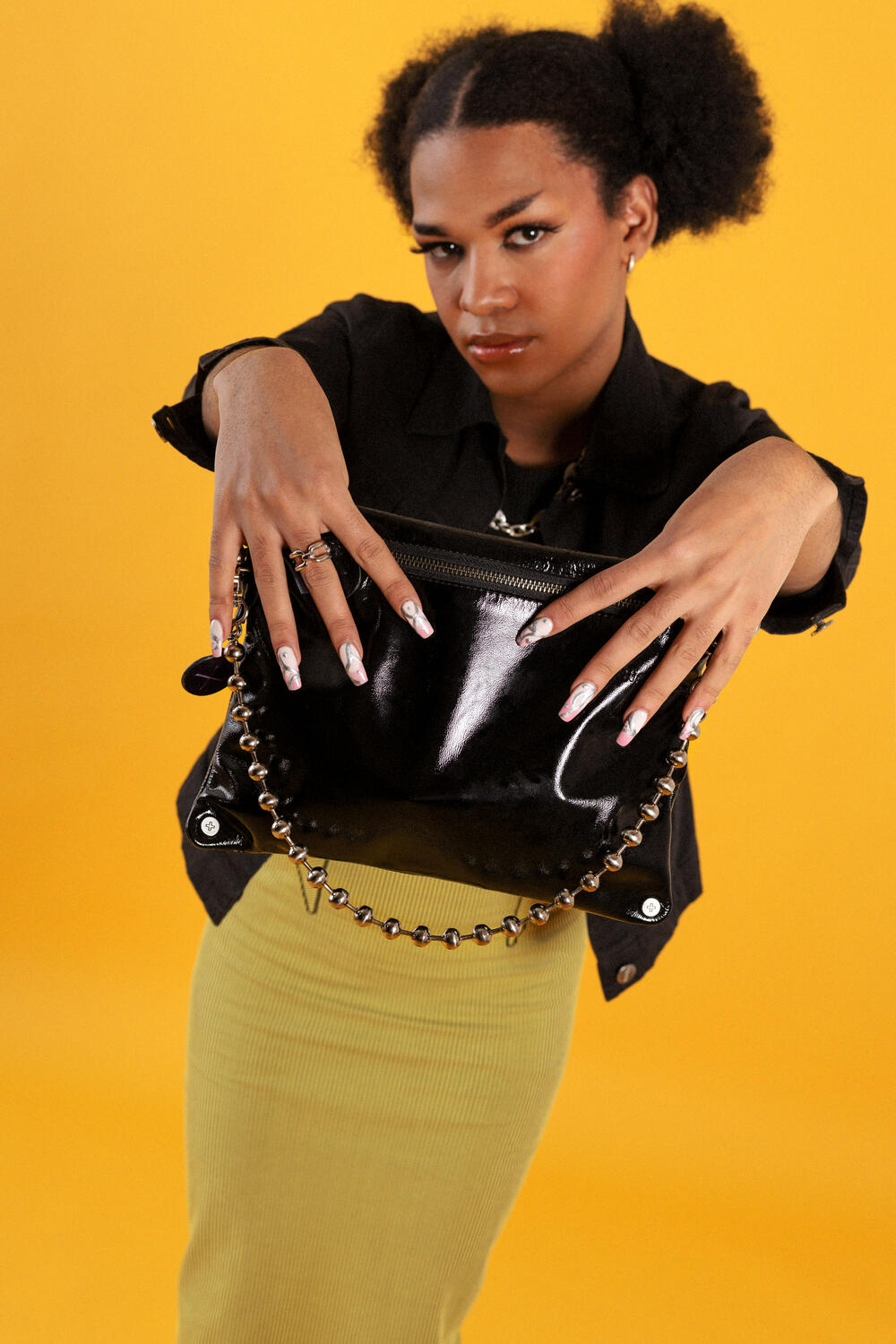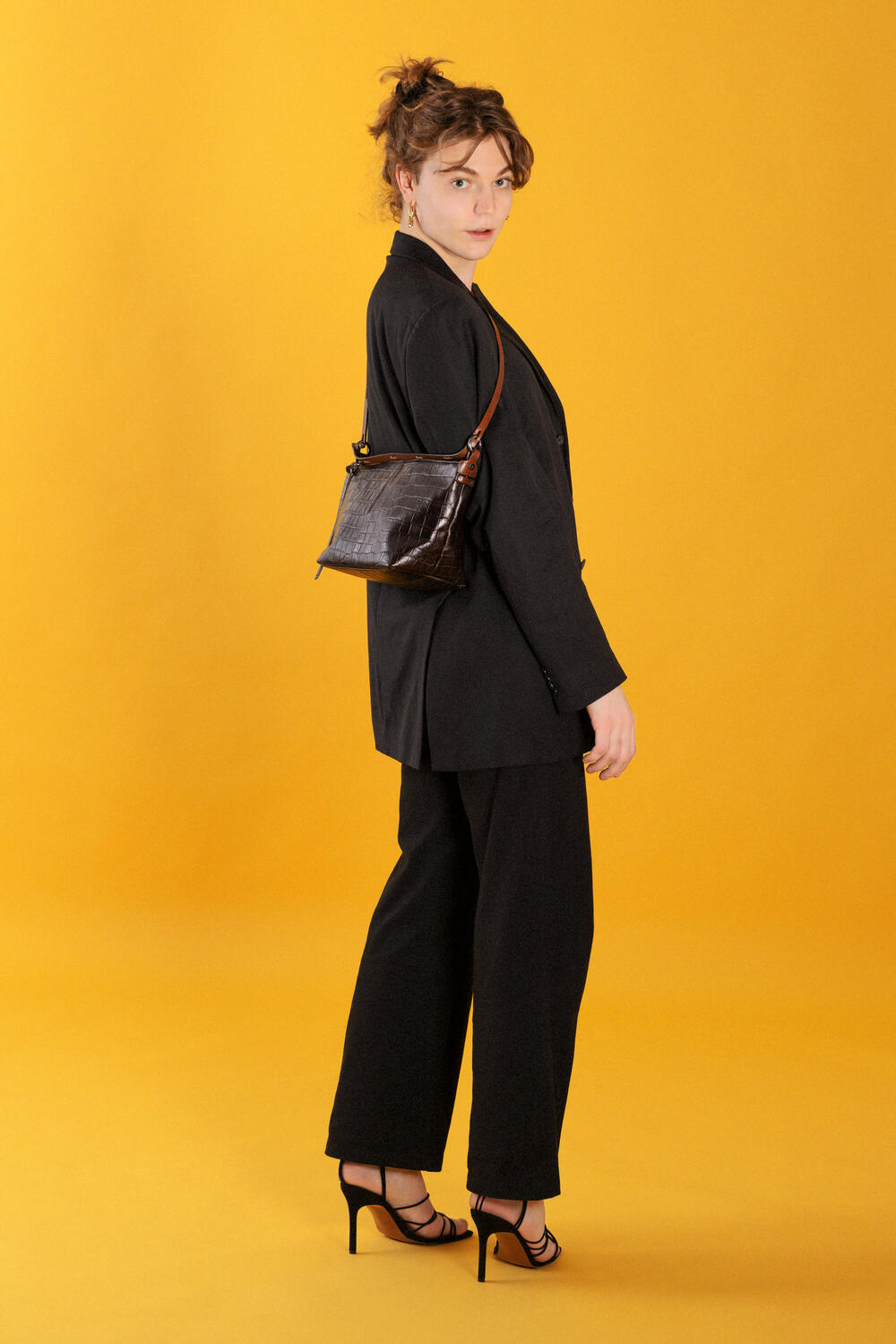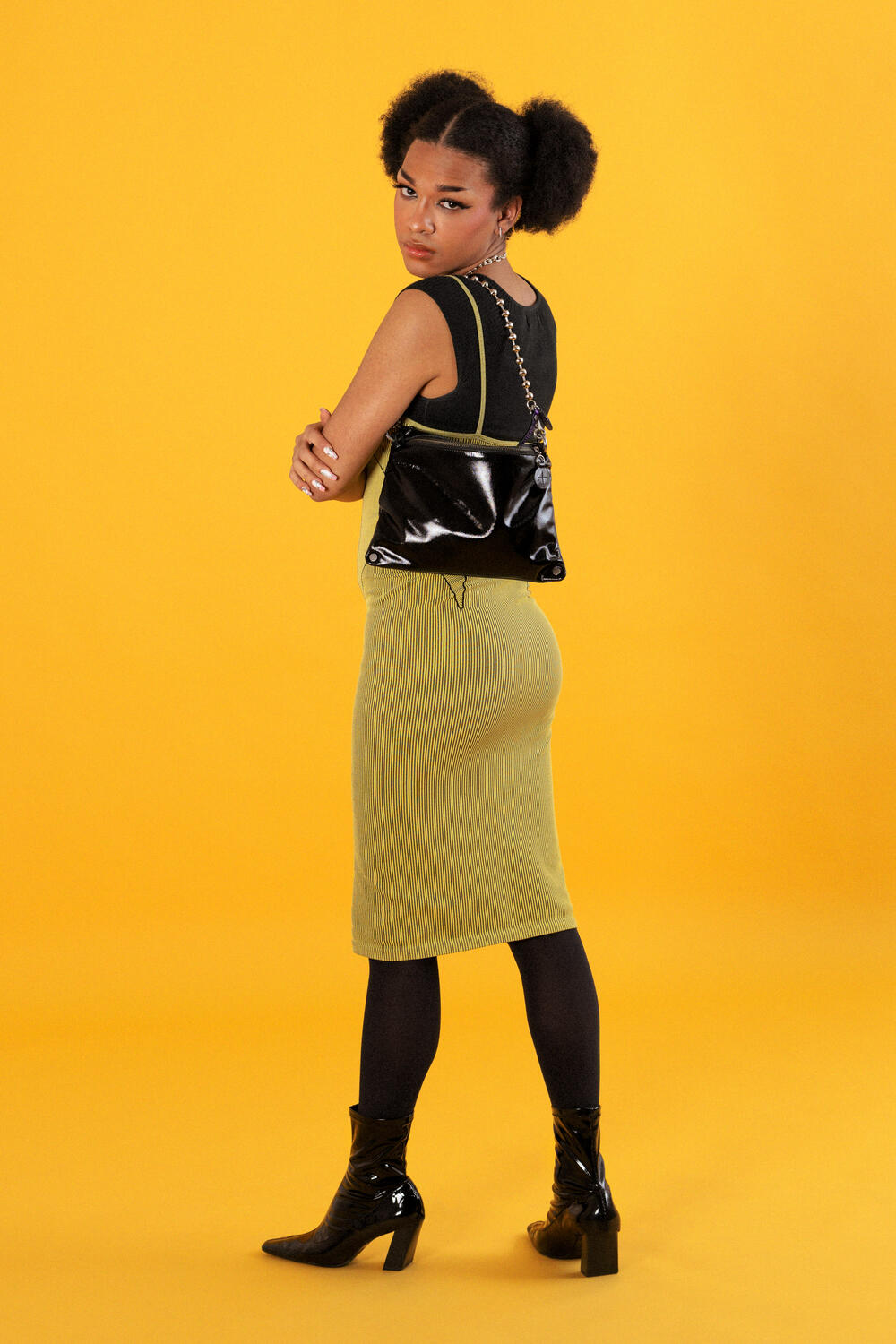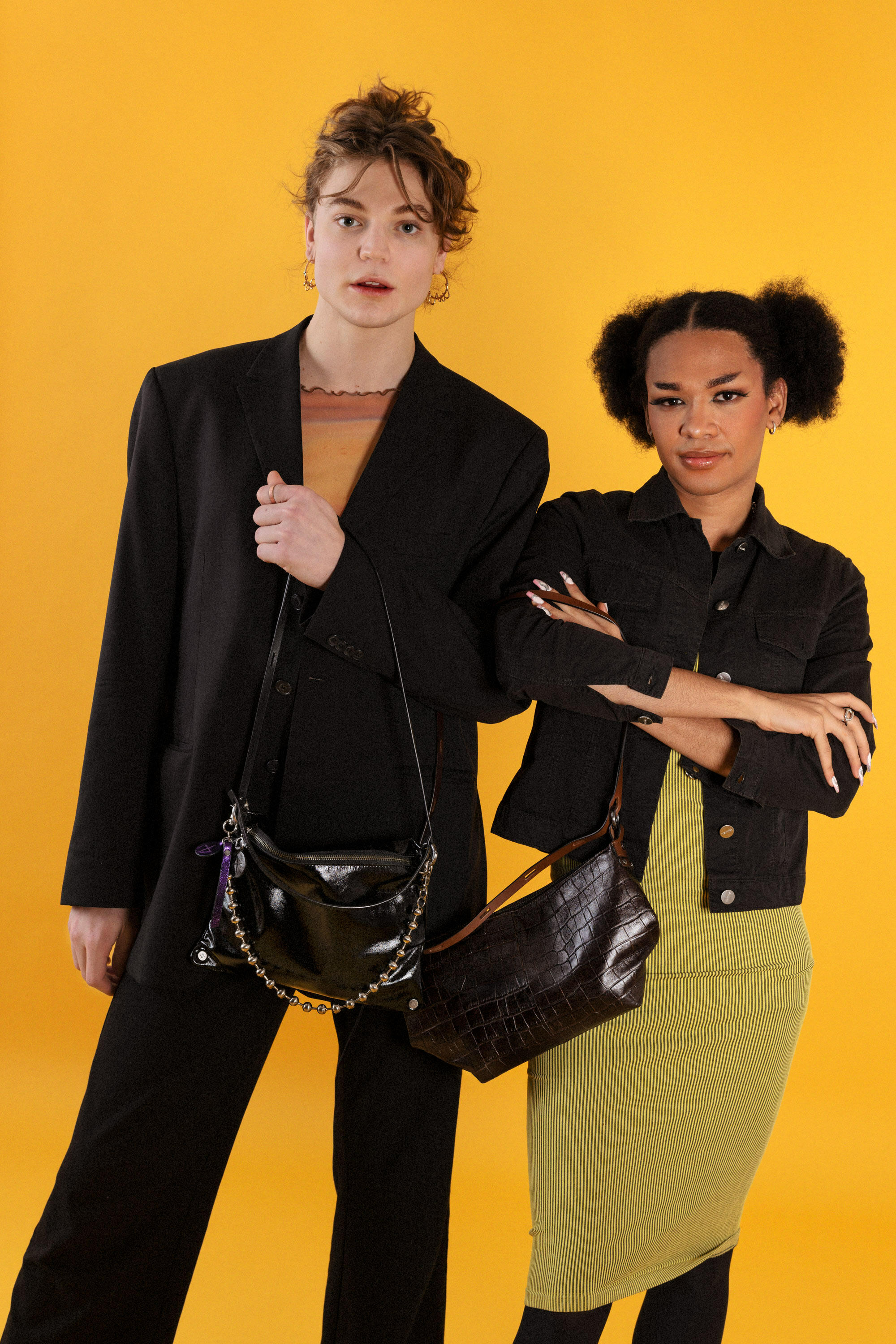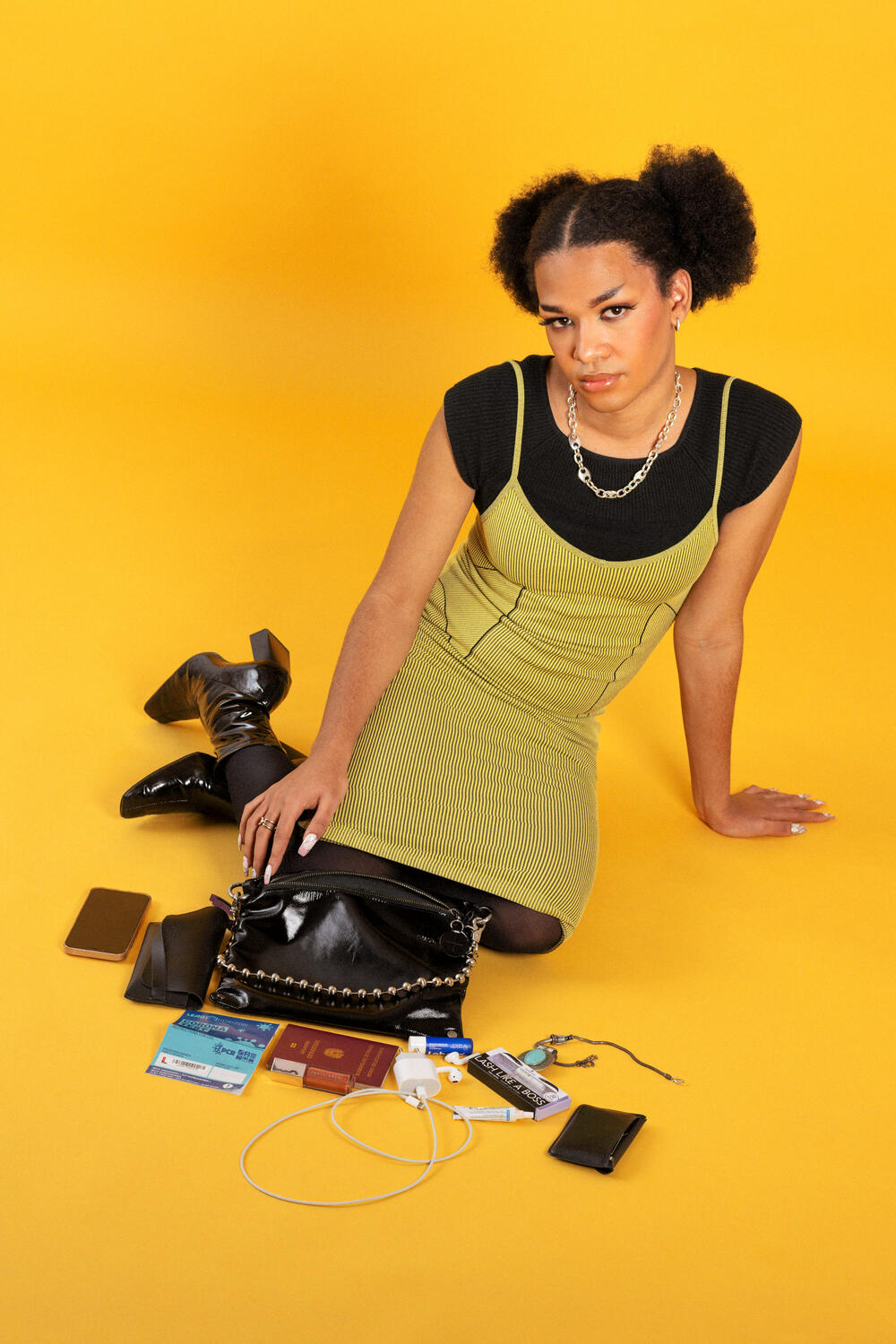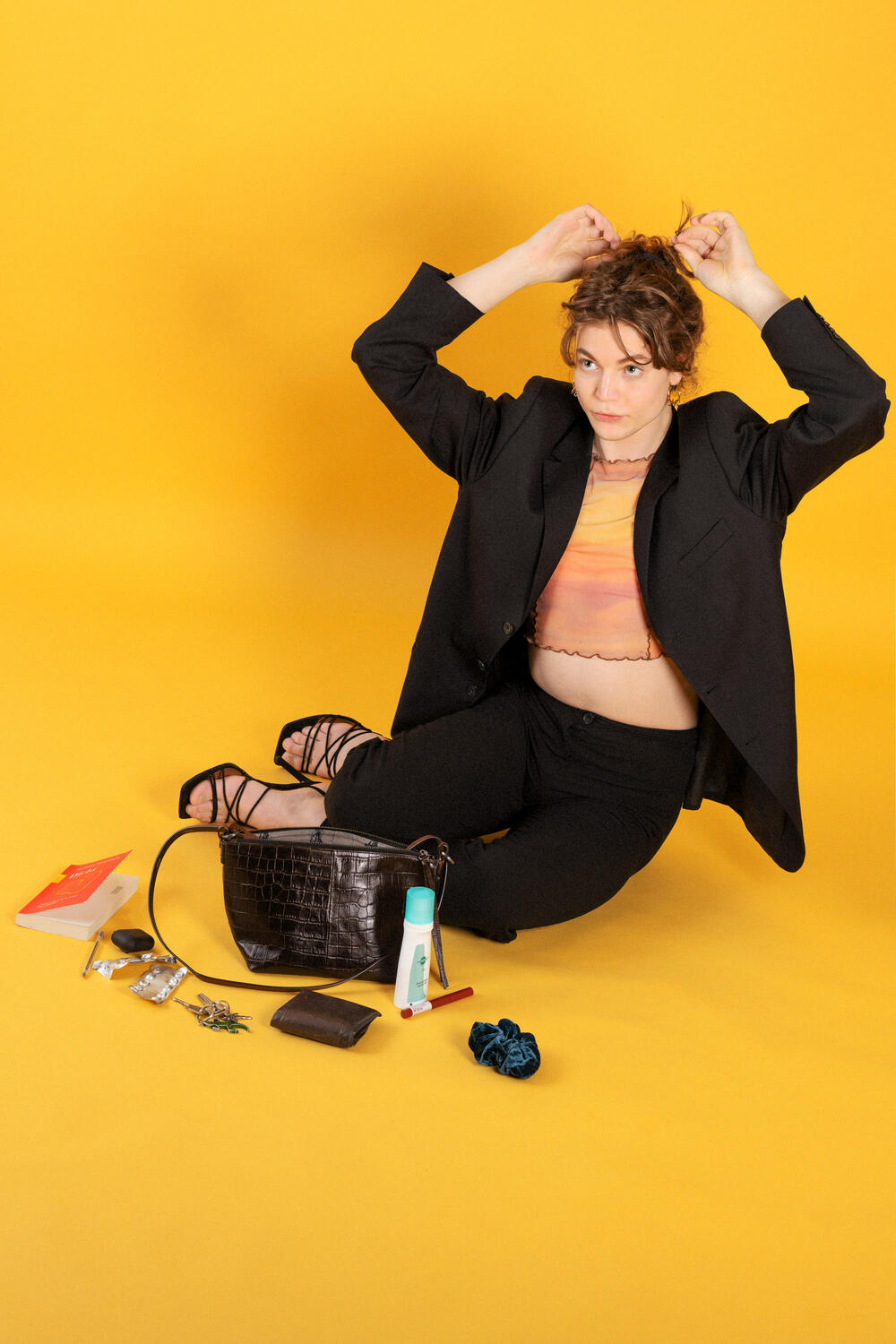There is this perception today that transness is a ‘trend’ – what do you think about that?
Thea: It's definitely a trend that the film industry wants to represent transgender people more often. But (!): I've had the experience that famous, male screenwriters will misgender trans* people hundreds of times – even when casting them their selves. If you then pointed this out to them, they just replied: “I'm sorry, I probably haven't dealt with this whole issue yet.” But that exact person just wrote a screenplay about a trans* woman. This is really fucked up.
The other thing is that some boomers are shocked by the fact that so many people are coming out as *trans or non-binary. But there is a reason for that – the media is finally opening up.
Ivy: Part of the reason there isn't a big queer representation of older people is because of the HIV epidemic in the 80's. On the one hand, we now live in a time when it is easier to come out – one experiences less social resistance, sometimes because there is more education about HIV. On the other hand, we also live in a time in which we have the opportunity to grow older at all.
As a matter of fact, HIV is still a really sensitive topic. While I have blood group 0 negative, I am not allowed to donate blood to any one at all. Not even after twelve months of abstinence, as is the case with homosexual men. It has been proven several times that hormone therapy has no effect whatsoever on the blood count. And this is how the stigma remains. We trans* people are perceived as a contagious disease.
Do you have any advice for young trans people?
Ivy: It's important to talk to a person about it and to be very open about what you sense and feel. Don't compare yourself to any other trans* person you see online or in a TV show. Just because not all trans people look like Hunter Schafer, doesn't mean they are any less trans* women than she is. You'll get to know yourself and you'll get to know the world around you in a diferent but somehow better way. And it will change you massively.
Thea: Talk about your feelings openly and be generally open to this journey. At the end of the day, a transition is a beautiful journey. If you've been trying to hide your feelings, it will take a load off your mind. Don't be afraid of it, it's not scary at all. No matter what background you come from, no matter how werid life seems to you, it is always worth taking this step.
Both of you have INA KENT bags – what are your first associations?
Thea: For me, my bag is more than just an accessory. It is a constant companion that harbors intimate and personal objects that are intended to support you in everyday life. You have to feel comfortable with a bag, because you spend a lot of time with it. I like my INA KENT bag, it feels great! :)
Ivy: They're simple and elegant ... but there's still something extraordinary about them. Something nice and something new.
One last question: Would you reveal your bag contents to us?
Thea: Airpods, keys, a broken wallet, hormone gel, lipstick and hair band. Also the novel "Dicht" by Steffi Sargnagel and antidepressants - raising awareness is important!
Ivy: Cell phone, charging cable, "Alles Gurgelt" brochure, passport, a broken wallet, glasses, microfiber cloth, lip balm, eyelashes and eyelash glue, two loose Airpods, and a necklace.
